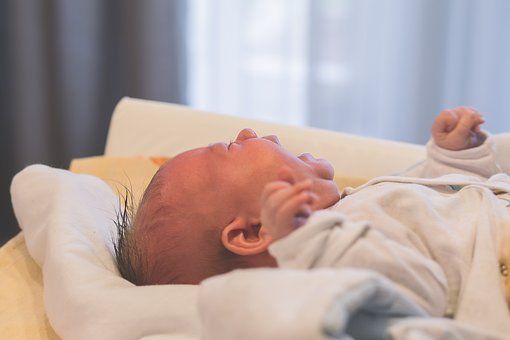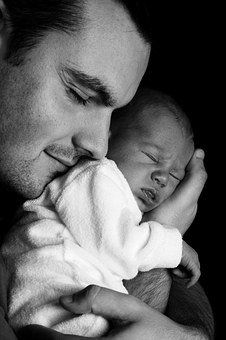Hormonal problems
For moms and dads:
According to scientific evidence, there are several studies that suggest a direct correlation between hormonal dysfunction and increased tension in the digestive system in babies with colic.
Therefore, we can say that one of the causes of infant colic is the hormonal dysfunction of the baby in the first months of life.
For healthcare professionals:
Some authors propose that one of the causes of infant colic isa dysfunction or poor coordination of contraction-relaxation of the large intestine andthin, as well as the sphincters, can lead to strong wavescontractile of certain areas of the digestive tract that would cause tension andpain. Istatheory, it is reinforced based on the treatment performed on babiesin the emergency services, consisting of the introduction of a probein the rectum, so that the expulsion of gas and feces calms the picture ofclear way,
Babies with colic often have low levels of the hormone cholecystokinin (CCK). This has an important function in the contraction of the gallbladder after meals. This provides a feeling of satiety and well-being. Some authors suggest that the decrease in the levels of this hormone produces the decrease in contractility of the gallbladder with its discomfort and excessive crying.
(Huthala V, Lehtonen L, Uvnas-Moberg K, Korvenranta Heikki. Low plasma Cholecystokinin levels in colicky infants. J Pediatr Gastroenterol Nutr. 2003; 37: 42-6)
Other studies show that babies with colic have higher baseline motilin levels. This would increase the persitalsis excessively, reducing the time of normal intestinal transit, causing pain and excessive crying due to the "cramps".
(Savino F, Grassino EC, Guidi C, Oggero R, Silvestro L, Miniero R. Ghrelin and motilin concentration in colicky infants. Acta Paediatr. 2006; 95: 738-41)
Finally, there are authors who point to high levels of serotonin as a causal factor for colic, although its etiological role is still unclear.








